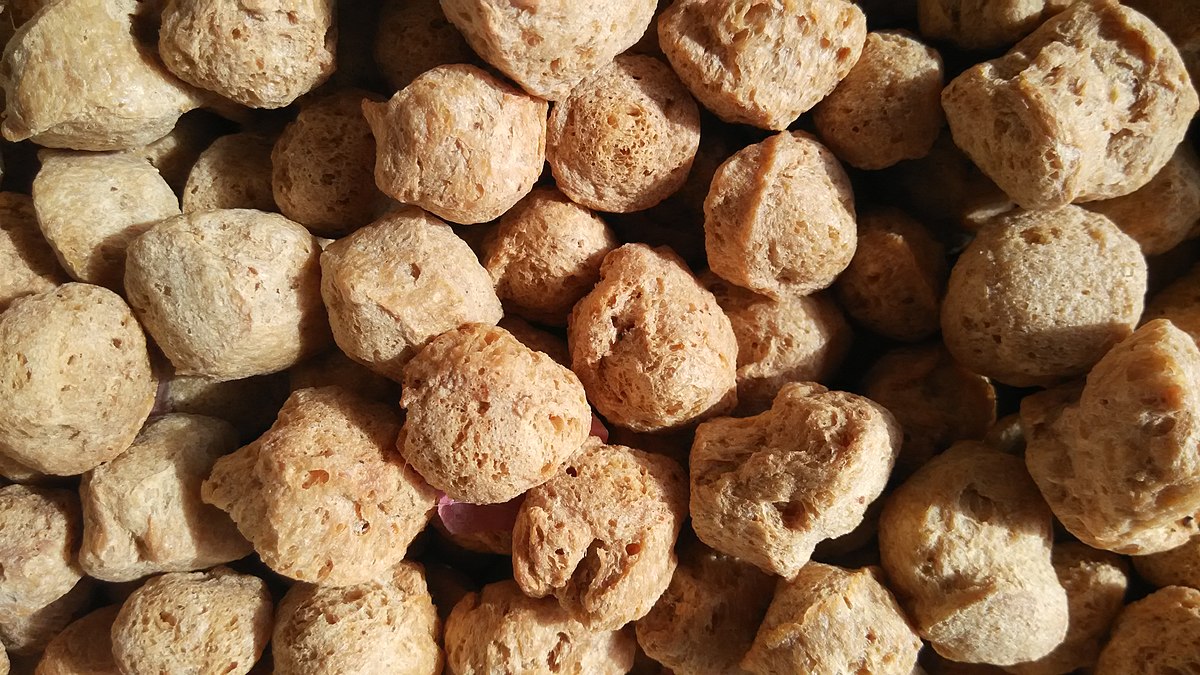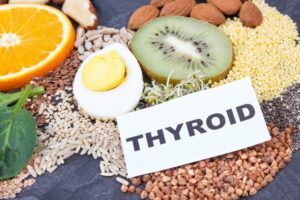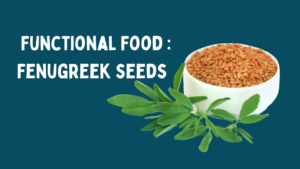Soy: Nutritional Wonder or Dietary Blunder?
Soy: Nutritional Wonder or Dietary Blunder?

Are you standing at the crossroads of your culinary journey, pondering whether to embrace the world of edamame and soya chunks, or steer clear of them like a culinary abyss? The stage is set for an epic showdown, and at the heart of this dietary drama stands the humble soybean, a food that has donned many masks over the years, transforming from a nutritional superhero to a dietary villain. With such a mercurial reputation, it’s time to unravel the enigma of soy.
Soy, scientifically christened Glycine max, finds itself deeply rooted in many cultures, particularly in East Asia, where it has been revered for centuries. It boasts an impressive nutritional profile, primarily as an abundant source of plant-based protein. Soybeans are a versatile chameleon, shape-shifting into various delectable forms such as tofu, tempeh, soy milk, and the ever-popular edamame.
The world of nutrition has been embroiled in a two-decade-long debate over soy, with a constant flux of opinions about its merits and demerits. More than 2,000 peer-reviewed articles related to soy are published annually, showcasing the relentless quest for answers. And indeed, soy offers a complex narrative, replete with various chapters and facets.
How soya chunks are made?
Soya chunks, the culinary gems also known as Textured Vegetable Protein (TVP) or Textured Soy Protein (TSP), offer the rich indulgence of meat without the guilt that often accompanies it. Derived from soybeans, they emerge from the process of soybean oil extraction, leaving behind a by-product known as soy flour. This defatted soy flour becomes the essence of soya chunks, rendering them nearly fat-free. Not only do they boast meat-like protein content, but they also share a similar chewy texture, making them a delightful alternative for those seeking to reduce their cholesterol intake.
With the curtain lifted on soy chunks, let’s now debunk the myths that have encircled soy for far too long:
Myth 1: Soy Feminizes Men
Perhaps the most persistent myth is that soy can feminize men. Extensive clinical studies have soundly debunked this notion, demonstrating that even high soy consumption does not significantly impact estrogen or testosterone levels in men. It’s important to remember that excessive consumption of virtually any food can lead to abnormalities, but soy is not a unique culprit in this regard.
Myth 2: Soy Causes Cancer
Contrary to popular belief, soy consumption has shown promise in reducing the risk of certain cancers. Isoflavones, compounds found in soy, have exhibited protective benefits against hormone-dependent cancers, including breast cancer and prostate cancer. Some studies have even indicated that women with the highest soy intake experienced a 59% lower risk of premenopausal breast cancer.
Myth 3: Soy Affects Thyroid Function
Thyroid concerns have often been associated with soy consumption, but the truth is more nuanced. Comprehensive studies have revealed that soyfoods and isoflavones have no significant impact on thyroid function in individuals with normal thyroid function. In fact, moderate consumption of soy, typically around 25-30 grams per day, has been shown to have potential benefits, such as reducing blood pressure and insulin resistance.
Now, let’s delve into the remarkable benefits of soy:
- Cholesterol Level Reduction
Soy protein’s prowess in reducing cholesterol levels was officially recognized by the US Food and Drug Administration (FDA) in 1999. A multitude of studies published over the past decade consistently reveals that soy protein can statistically reduce LDL-cholesterol by approximately 4% to 6%. The FDA has set the threshold intake for cholesterol reduction at 25 grams per day of soy protein.
- Anti-Inflammatory Properties
Soyfoods have been celebrated for their potential to lower the risk of inflammation-related diseases, including cardiovascular disease, diabetes, kidney disease, liver disease, and high blood pressure. Isoflavones in soy have been shown to lower C-reactive protein levels, an essential indicator of inflammation and a risk marker for cardiovascular disease.
- Improved Bone Mass
Postmenopausal women often grapple with declining bone density due to estrogen level drops, increasing the risk of fractures. Soyfoods come to the rescue by promoting bone health through their estrogen-like effects of isoflavones. Studies have indicated a significant one-third reduction in the risk of fractures among women who regularly consume soy.
- Relief from Hot Flashes
For many postmenopausal women, hot flashes can be an unwelcome companion. Soyfoods have shown remarkable abilities in preventing and alleviating hot flashes, reducing their frequency and severity. This translates into much-needed relief for women experiencing menopausal symptoms.
- Antidepressant Effects
Depression is a widespread disorder that can severely impact quality of life. The higher prevalence of depression among women compared to men hints at the involvement of reproductive hormones. Isoflavones in soy foods offer a tantalizing prospect as potential antidepressants. One Italian study evaluating mood effects discovered that postmenopausal women experienced a decline in depressive symptoms. Remarkably, isoflavones were found to reduce depressive symptoms in clinically depressed postmenopausal women to a similar extent as popular medications like Zoloft and Prozac.
- Improved Skin Health
The beauty of soy, particularly its isoflavones, extends to skin health. Exciting clinical trials have yielded preliminary data suggesting that isoflavones can help reduce wrinkles, enhance skin elasticity, address pigmentation issues, and even boost collagen synthesis.
- Gut-Friendly
Soybeans come equipped with a low carbohydrate content, making them advantageous for individuals with diabetes. Soybean oligosaccharides are categorized as prebiotics. These compounds stimulate the growth of beneficial bacteria in the gut, including bifidobacteria, which are considered advantageous to the host. Fermented soy foods like miso, tempeh, and natto offer rich sources of probiotics, aiding gut health with their beneficial microbial communities.
Soy stands out not just for its impressive protein content but also for the quality of soy protein, which rivals that of animal protein and surpasses most other plant proteins. Unlike many of its plant-based counterparts, soy protein is deemed complete, as it contains all nine essential amino acids that the body cannot synthesize and must be obtained from the diet. In addition to protein, soy foods are rich in nutrients, including essential B vitamins, fiber, potassium, magnesium, and other critical elements. Soya chunks, in particular, not only tick the nutritional boxes but also tantalize the taste buds, making them a delightful and healthful addition to your diet.
When incorporating soy into your diet, it’s essential to consider the overall nutritional quality of the specific soyfood you choose. Many Westernized soyfoods include a range of non-soy ingredients that may affect their overall health impact. While there are no formal recommendations for soy intake beyond the FDA’s threshold of 25 grams per day for cholesterol reduction, population and clinical studies involving adults have suggested that benefits are associated with approximately two to four servings per day. Ideally, soyfoods should replace less healthy options as part of an overall balanced diet designed to lower the risk.
In conclusion, Soy is not just dietary enigma but a nutritional powerhouse that offers diverse array of benefits, from lowering cholesterol to promoting bone health, alleviating hot flashes and even acting as antidepressant. The myths that have long plagued soy’s reputation have been soundly debunked, leaving a trail of scientific evidence that support its inclusion in well-rounded diet. With moderation as the guiding principle, incorporating soy into your diet can contribute to enhanced overall health and well-being. So go ahead and embrace versatile soybean and savor the many benefits it has to offer.
Share this article
Priyanka Bhadauriya
With over 8 years of expertise in nutrition and dietetics, Priyanka's career spans various healthcare settings. Her postgraduate degree in Dietetics and Public Health Nutrition underlines her profound understanding of nutrition's scientific intricacies. Additionally, as a diabetes educator, she provides crucial support to individuals managing diabetes, enhancing their well-being. Priyanka's comprehensive approach to nutrition makes a positive impact on public health.












